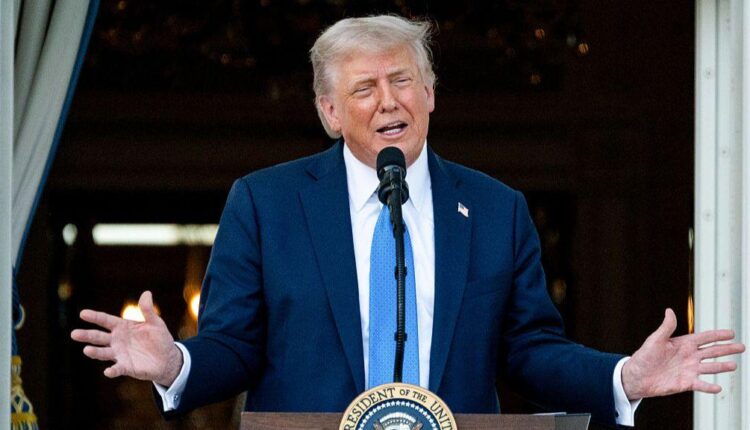U.S. President Donald Trump signed a proclamation on Wednesday barring citizens from 12 countries from entering the United States, asserting that the measure is necessary to protect against “foreign terrorists” and other security risks.
The ban, which takes effect on June 9, 2025, targets travelers from Afghanistan, Myanmar, Chad, Congo, Equatorial Guinea, Eritrea, Haiti, Iran, Libya, Somalia, Sudan, and Yemen. The order also imposes partial restrictions on individuals from seven additional nations: Burundi, Cuba, Laos, Sierra Leone, Togo, Turkmenistan, and Venezuela. While visas issued before the effective date will remain valid, the move has reignited debates over immigration policy and national security.
This directive is part of a broader immigration crackdown initiated by Trump at the start of his second term, which has included aggressive deportation measures and stricter visa controls. Earlier this year, hundreds of Venezuelans suspected of gang ties were deported to El Salvador, and the administration has sought to deny enrollment to certain foreign students while deporting others. The latest travel ban builds upon previous restrictions, expanding the list of affected countries and tightening entry requirements. Administration officials argue that the policy is essential to safeguard national interests, though critics condemn it as discriminatory and ineffective in addressing genuine security concerns.
The proclamation has drawn swift backlash from human rights organizations, immigrant advocates, and some lawmakers, who accuse the administration of scapegoating vulnerable populations. Opponents argue that broad travel bans disproportionately harm refugees, families, and individuals seeking economic opportunity rather than deterring terrorism. Meanwhile, supporters of the policy maintain that stricter immigration controls are necessary to prevent potential threats. As the order takes effect, legal challenges are expected, echoing past court battles over similar travel restrictions. The debate underscores the ongoing tension between security priorities and America’s historical identity as a nation of immigrants.



